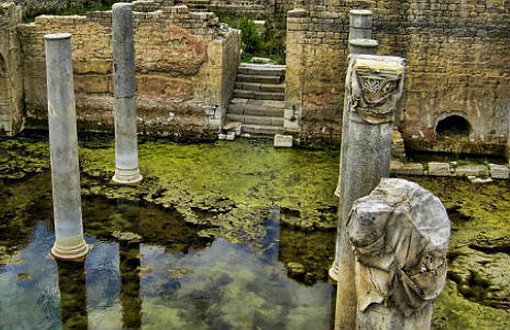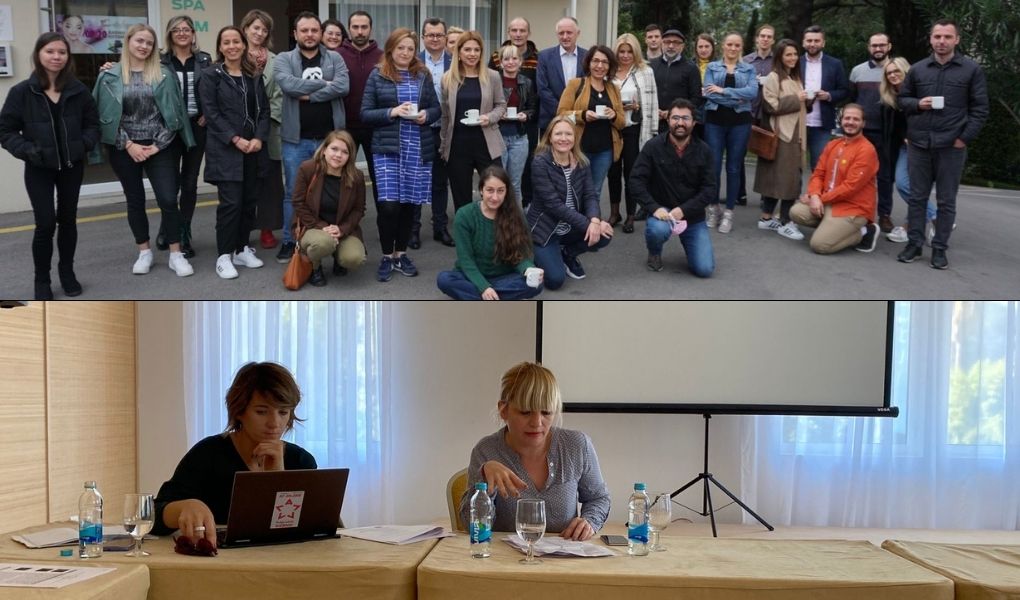Click to read the article in Turkish
The European Court of Human Rights (ECtHR) has announced its verdict on the appeal of lawyer and rights defender Arif Ali Cangı regarding the ancient city of Allianoi.
The ECtHR ruled in favor of Cangı, who claimed that the Ministry of Culture and Tourism and the Commission for Conserving Cultural and Natural Heritage violated his right of access to information by not sharing the minutes of the meeting on January 26, 2010 on the preserving plans for the ancient city.
The ECtHR has unanimously ruled that there has been a violation of Article 10 of the European Convention on Human Rights (ECHR), which provides the rights to freedom of expression and access to information.
The court has ruled that the Allianoi Initiative should be paid 7,500 euros of immaterial and 2,000 euros of material compensation.
Cangı: I consider the verdict 'highly valuable'
Speaking to bianet, Cangı and his attorney Serkan Cengiz have evaluated the ruling.
Cangı said, "The Human Rights Court accepted that individuals and civil initiatives have the right to appeal for conservation of natural and cultural heritage and passing them on to the next generations."
"Although we could not prevent Allianoi from being left underwater, I consider the ruling highly valuable in terms of the Allianoi Initiative Group's important function being recognized by the ECtHR" he added.
Article 10 of the European Convention on Human Rights - Freedom of Expression1. Everyone has the right to freedom of expression. This right shall include freedom to hold opinions and to receive and impart information and ideas without interference by public authority and regardless of frontiers. This Article shall not prevent States from requiring the licensing of broadcasting, television or cinema enterprises. 2. The exercise of these freedoms, since it carries with it duties and responsibilities, may be subject to such formalities, conditions, restrictions or penalties as are prescribed by law and are necessary in a democratic society, in the interests of national security, territorial integrity or public safety, for the prevention of disorder or crime, for the protection of health or morals, for the protection of the reputation or rights of others, for preventing the disclosure of information received in confidence, or for maintaining the authority and impartiality of the judiciary. |
"Jurisdiction on an individual, not even a civil society organization"
Attorney Cengiz, who made the application to the ECtHR, has said the following:
"It is important that the court gave a ruling in terms of the right to access to information. It is a jurisdiction on persons' access to information sources regarding the matters that do not directly concern them.
"It is a jurisdiction on the efforts of an individual, not even a civil society organization. In this respect, as far as we know, this is a first."
"The concealed meeting" and the Allianoi case
Cangı has told bianet about the meeting that shaped the process and the application to the ECtHR:
"Despite the international conventions on the protection of historical and cultural heritage, the Constitution, the laws and many court rulings for the conservation of Allianoi, the İzmir Regional Commission for Conserving Cultural and Natural Heritage was taking decisions that bypass the court rulings.
"Lastly, upon the decisions dated on May 28, 2010 and August 17, 2010, Allianoi was covered with sand and left under water.
"While the case against these decisions was continuing, a minute was delivered to us.
"As understood from the minute, an anomalous meeting was held at the Regional Conservation Council on January 26, 2010, regarding Allianoi, which was going to be left under the water from the Yortanlı Dam.
Constitutional Court rejected application
"We applied to the Council on November 21, 2011, to obtain the minutes of this meeting, which was held four months before the Allianoi was left under water.
"Our application was rejected on the ground that it was "a private meeting between the institutions.'
"After our application was rejected, we applied to the Access to Information Evaluation Commission on January 4, 2012. The commission rejected our application.
"Thus, we were prevented from reaching the information on the meeting that intervened in the Conservation Council's decision-making. Our application to the Constitutional Court was also rejected." (PT/VK)




.jpg)







.jpg)